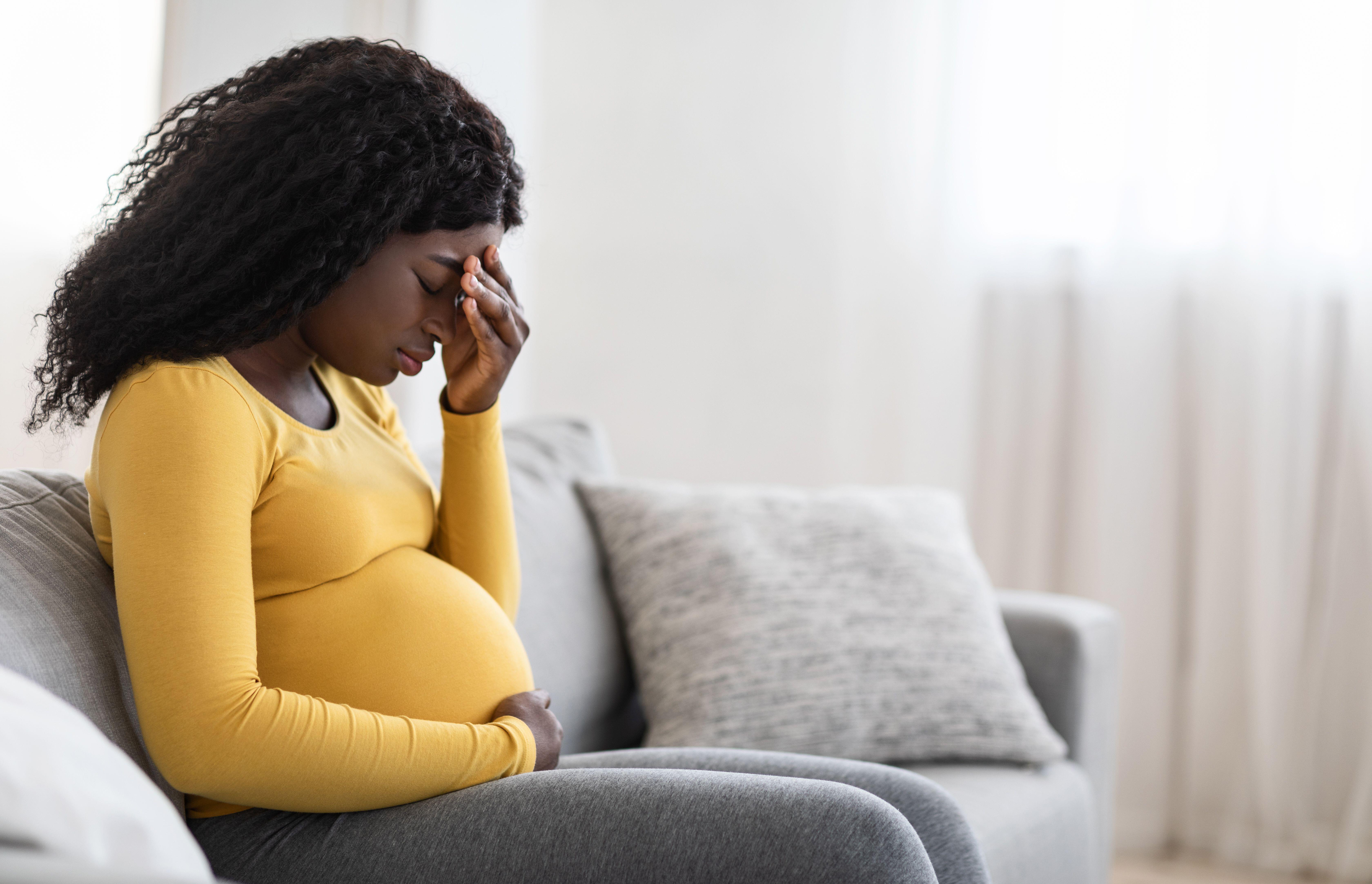After the birth of my son, I suffered from postnatal depression – local mental health support saved my life
Those first few weeks and months of motherhood took such a toll on my mental health. I spent hours on the internet scouring adoption sites


Your support helps us to tell the story
From reproductive rights to climate change to Big Tech, The Independent is on the ground when the story is developing. Whether it's investigating the financials of Elon Musk's pro-Trump PAC or producing our latest documentary, 'The A Word', which shines a light on the American women fighting for reproductive rights, we know how important it is to parse out the facts from the messaging.
At such a critical moment in US history, we need reporters on the ground. Your donation allows us to keep sending journalists to speak to both sides of the story.
The Independent is trusted by Americans across the entire political spectrum. And unlike many other quality news outlets, we choose not to lock Americans out of our reporting and analysis with paywalls. We believe quality journalism should be available to everyone, paid for by those who can afford it.
Your support makes all the difference.It’s difficult to pinpoint exactly when the exhaustion and the normal struggles of being a first-time mother evolved into the postnatal depression that would darken my first years of motherhood. An episode of depression earlier in life put me at a much higher risk, but even my years training as a psychiatrist couldn’t prepare me for the extent and severity of my illness.
Labour happened three weeks earlier than expected. A catalogue of failures followed, all of which I believed to be my fault: a prolonged labour, C-section, a special care baby unit, and an inability to breastfeed, to name a few. I was physically, emotionally, and mentally exhausted, and totally unprepared.
Those first few weeks and months took such a toll on my mental health. I spent hours on the internet scouring adoption sites in a bid to give my son the better life I thought he deserved. In between night-time feeds I would be consumed with dark thoughts about the end of my life. I wrote letters to those I’d be leaving behind, including my newborn boy. Thankfully, none of that came to pass as I was given the support to make a recovery and to give my son the love and care he needed.
I was seen urgently by a psychiatrist who gave me a glimmer of hope amongst the darkness that enveloped me. I had no hope of my own, but his was apparent and able to pierce the smallest hole in my dark, lonely bubble. I was then admitted to a mother and baby unit with my son for three weeks.
By the start of my second week, the cloud started to lift. I ventured out of my room to take my little boy into the garden on the sunny days and watch him smile, oblivious to my situation. I became more aware of the very unwell women around me, some of whom, like me, had postnatal depression, and others of whom were living with postpartum psychosis or other conditions. Over those three weeks in the unit, I began feeling like a mother and by the end was desperate to be discharged. A combination of medication, treatment, and the love and support shown by the nurses helped me begin to see that I was not a bad person. My son became someone I looked forward to seeing, not something that filled me with dread, fear, and worry.
The next year or so was hard and brought different challenges. I had to learn to interact with my son, to smile with him, to meet his emotional needs – all while being wracked with the unbearable knowledge that I had failed to do exactly this in the first six months. But cognitive behaviour therapy has played a significant role in my longer-term recovery and enables me to enjoy motherhood and enjoy special times and moments with my son.
Imagine my surprise and disappointment when I learnt recently that around 16,000 new mums missed out on vital mental health support because of the pandemic. Many of them would have been living with the exact same thoughts and feelings as I was but were unable to access the help they needed. It’s so important that access to perinatal services is improved and investment is secured because these mums wouldn’t have missed out on the care and support they needed. Another concern from the analysis by the Royal College of Psychiatrists’ Mental Health Watch is the huge variation between local areas, meaning new mums are being subjected to an unfair “postcode lottery”.
I wouldn’t have been here to watch my son grow were it not for the mother and baby unit and the community support I received. There wouldn’t be the joy filled moments shared with me, my son and our family. This happy ending shouldn’t be reserved for those mums fortunate enough to live in those areas with better access to perinatal mental health services. The government and local health bosses must do more, so that every mum in every part of the country can access support, should they need it.
Dr Suhana Ahmed works within the faculty of old age psychiatry at the Royal College of Psychiatrists
To contact the Samaritans helpline, call 116 123. The phone line is open 24 hours, seven days a week.
You can also contact the charity by email by sending a message to jo@samaritans.org. The average response time is 24 hours.
Join our commenting forum
Join thought-provoking conversations, follow other Independent readers and see their replies
Comments